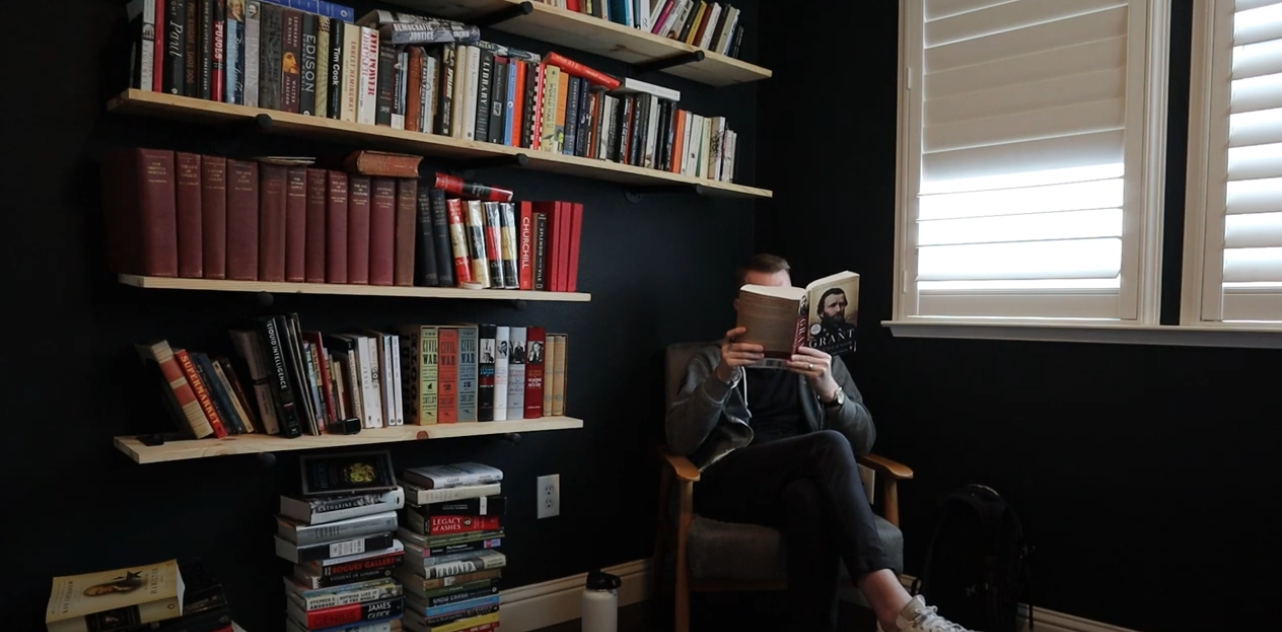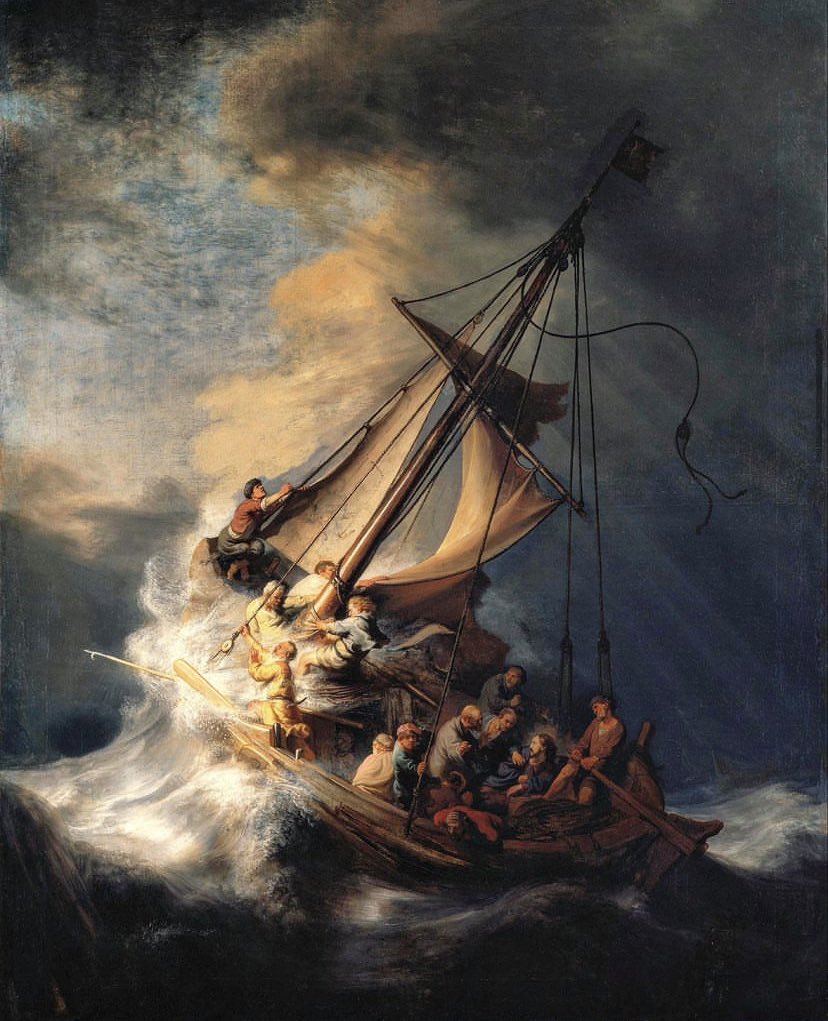About me
I’m Dalton, a first-year law student at the University of the Pacific, McGeorge School of Law in Sacramento, California. (Follow me on Twitter.)

Before I started law school, I was the senior digital creator and designer at Farnam Street. While there, I grew a YouTube channel to 250,000 subscribers, edited a video that received one million views, worked on a social media campaign for a New York Times bestselling book, produced a podcast that got over 250,000 downloads per month, and edited and animated online course videos that were taken by employees and executives at companies like Apple and Twitter.
I graduated from Southeastern University in 2021 with a bachelors in Digital Media and Design.
In 2020, I edited and produced the video version of Morning Brew's Business Casual podcast.
From 2017-2019, I participated in a leadership college and internship program at Bayside Church. When I graduated the program, I was hired as the Communicators Director for one of the campuses and then became the Global Social Media Manager.
About the blog
I like to read history and biography (though I've been able to do that a lot less of that during my first year of law school.)
One of my favorite things about reading history is discovering little quotes and stories that either aren't popular or are lost and buried in dusty books somewhere. So, when I come across those interesting stories and quotes, I share them here. I do so because (1) I like to share them with others and (2) it helps me learn, memorize them, and have a place where I can find them all in one place.
This blog is also sort of my version of self-education. Although I’m attending law school, much of the intellectual development in school is self-regulated. No one is going to make you learn. So, by forcing myself to explain cases and legal concepts to people with no formal legal training, I’ll master the material in ways that would be hard to do otherwise. By putting my thoughts into words, I’m forced to explain what I know, and through that process, I’ll realize what I thought I knew and eventually come to see how much I still don’t know.
Read my writing here. I read a lot of history and biography books, too. You can find my notes on over 40 books here.
(Nothing on this blog is legal advice.)
If you have questions, send me an email: maberydalton at gmail.com
Colophon
This site is built with NextJS and Tailwind. It's hosted on Vercel. I write my posts in Obsidian. The typeface is Inter.

Not so short bio
I try to understand how things work and explain them to other people. This site is is a record of my becoming of a person as I explore the intellectual, creative, philosophical, and spiritual questions in this world through extensive research of literature -- both young and old. A private journey made public in seek of the one true question we all ask at some point: who am I and what is all this? Whenever I can refer to wisdom from those who lived before me, I do. The following quote comes from Will Durant in The Map of Human Character and was the first time I was able to assign words to the inner motivation that drives me -- how can we best make sense of everything in the world?
Therefore I feel that we of this generation give too much time to news about the transient present, too little to the living past. We are choked with news, and starved of history. We know a thousand items about the day or yesterday, we learn the events and troubles and heartbreaks of a hundred peoples, the policies and pretensions of a dozen capitals, the victories and defeats of causes, armies, athletic teams.
But how, without history, can we understand these events, discriminate their significance, sift out the large from the small, see the basic currents underlying surface movements and changes, and foresee the result sufficiently to guard against fatal error or the souring of unreasonable hopes?"
Will Durant, The Map of Human Character
The legacy I hope to leave behind is similar to that of Albert Einstein's. Not his groundbreaking theories, but his curiosity and humility. After his death, The New York Times wrote this:
Man stands on this diminutive earth, gazes at the myriad of stars and upon billowing ocean and tossing trees--and wonders. What does it all mean? How did it come about? The most thoughtful wonderer who appeared among us in three centuries has passed on in the person of Albert Einstein.
"The most thoughtful wonderer." I love that. I hope those words are used to describe me one day.